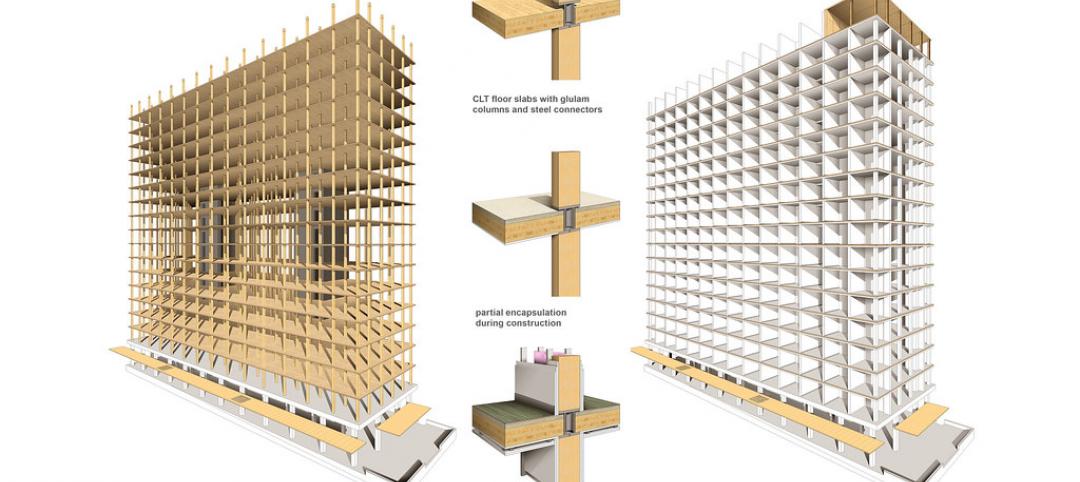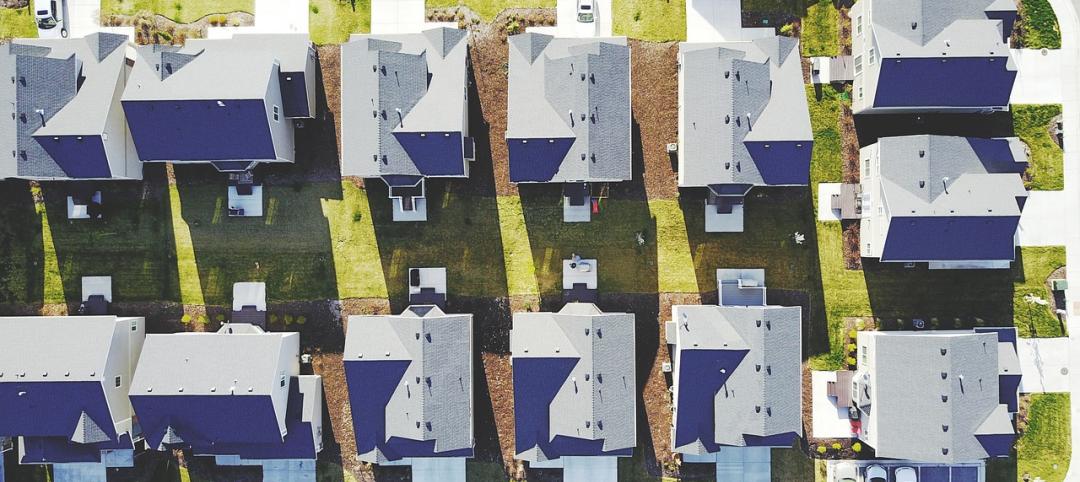A new version of ASTM E1527 standard for Phase 1 Environmental Site Assessments is expected to be completed this year.
The new standard would affect about 250,000 commercial real estate deals a year. One of the proposed changes could be interpreted to require the same level of historical research of adjoining properties as is done for the subject property. The assessment, in such a case, would require additional historical research to fill in data gaps for certain adjoining properties, which could increase the scope and cost of some reports and potentially delay transactions.
Other proposed changes add PFAS and other emerging contaminants to the list of “non-scope issues,” raising awareness of the issue that some may want to evaluate as is commonly done with asbestos and mold. The draft new standard aims to call more attention to significant data gaps, a substantial piece of information that wasn’t feasible to obtain given time or budget constraints.
Data gaps would be assessed as to whether they materially affect the environmental professional’s ability to identify Recognized Environmental Conditions (RECs). The ASTM committee will continue to discuss, refine, and vote on proposed changes and has a goal of releasing the new standard by the end of the year.
Related Stories
Codes and Standards | Aug 29, 2019
Code-conforming wood design guide available
The guide summarizes provisions for the use of wood and wood products in the 2018 IBC.
Codes and Standards | Aug 29, 2019
LEED residential market up 19% since 2017
The U.S. Green Building Council says that the LEED residential market has grown 19% since 2017. Nearly 500,000 single family, multifamily, and affordable housing units have been certified globally.
Codes and Standards | Aug 27, 2019
Slower speed limits in urban areas offer multiple benefits
Improved safety, better adoption of electric scooters and autonomous vehicles are possible if drivers ease off the accelerator.
Codes and Standards | Aug 27, 2019
Renewables creating significant savings for commercial and public facilities
Payback ranges from five to 15 years.
Codes and Standards | Aug 27, 2019
Oregon rescinds tsunami-zone construction ban
Other states have no ban, but have strengthened building codes for tidal wave resilience.
Urban Planning | Aug 27, 2019
Pop-up parks revitalize empty lots
Pop-up parks that provide instant open areas for public use and programming can revitalize under-utilized spaces and add vibrancy to neighborhoods.
Codes and Standards | Aug 22, 2019
Texas flood prevention initiative would create nation’s most ambitious barrier system
Plan including sand dunes and mechanical barriers would cost as much as $32 billion.
Codes and Standards | Aug 22, 2019
Multimedia app identifies construction hazards
Researchers say program will reduce injuries, save lives.
Codes and Standards | Aug 22, 2019
Cities take action to keep cool as climate heats up
Initiatives include cool streets, cool roofs, and broader urban tree canopy.
Codes and Standards | Aug 22, 2019
5G expected to give a boost to construction technology
Virtual reality, Internet of Things, robotics, and drones will all benefit from enhanced data flows.

















